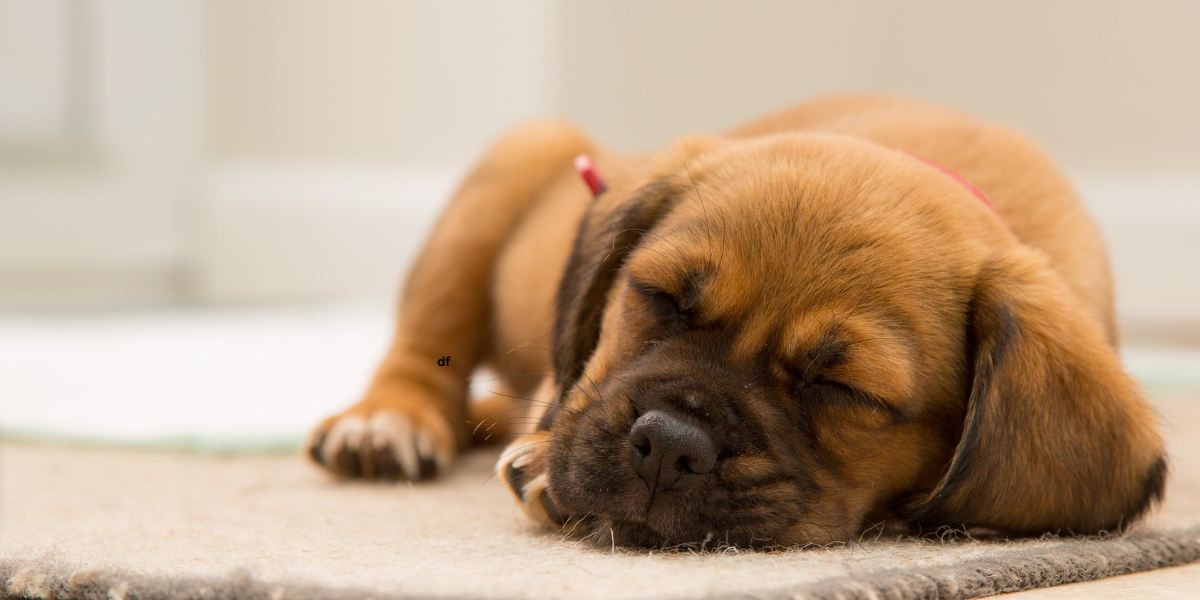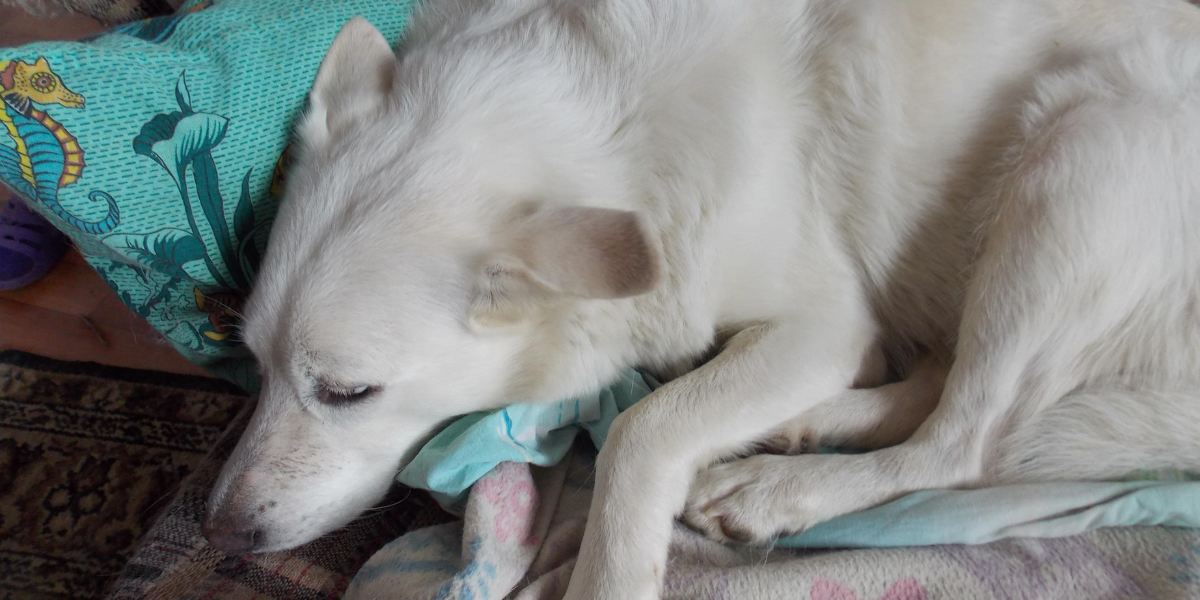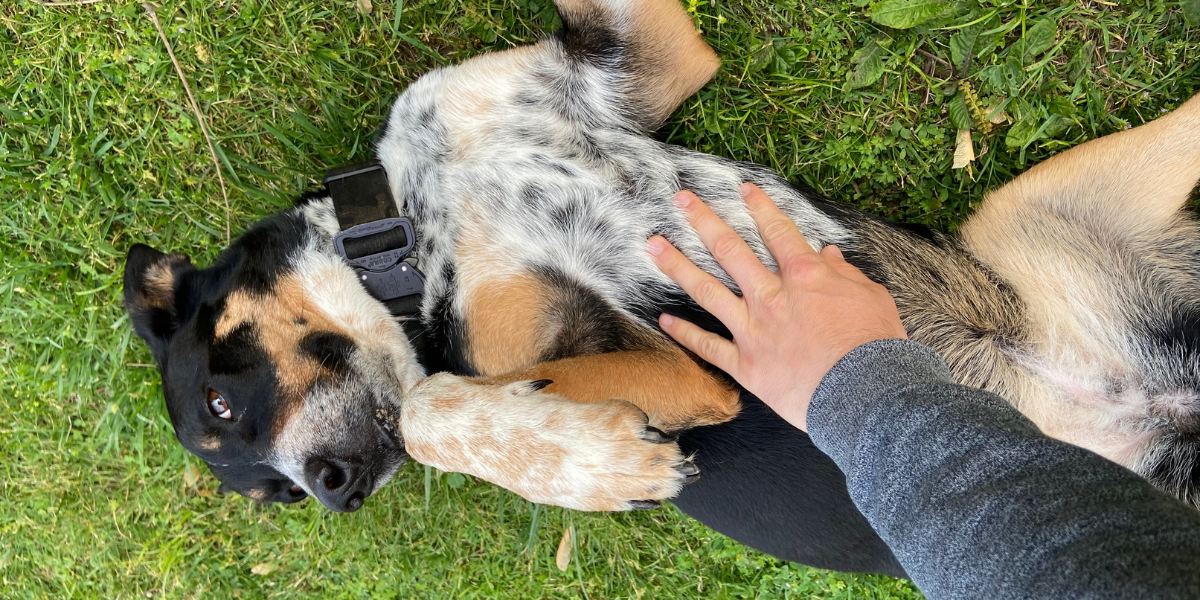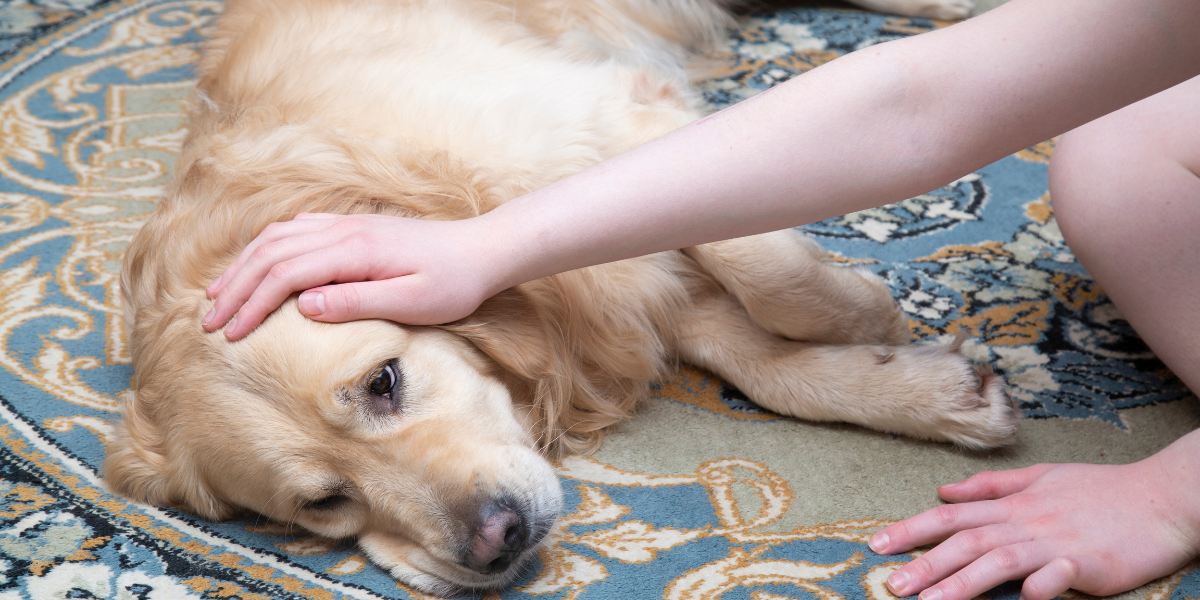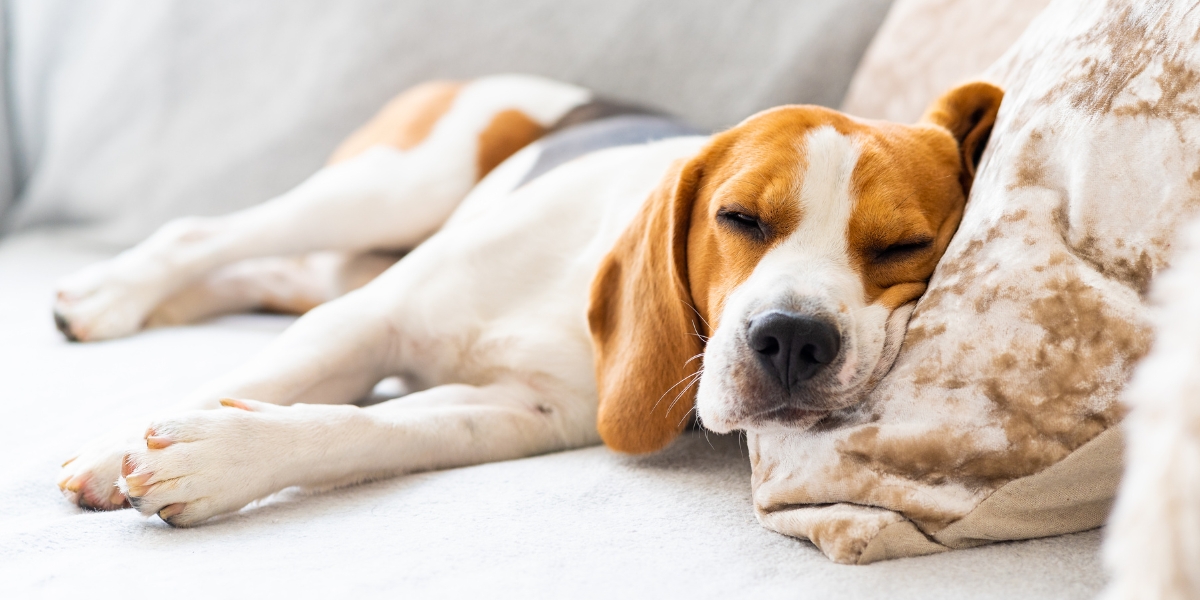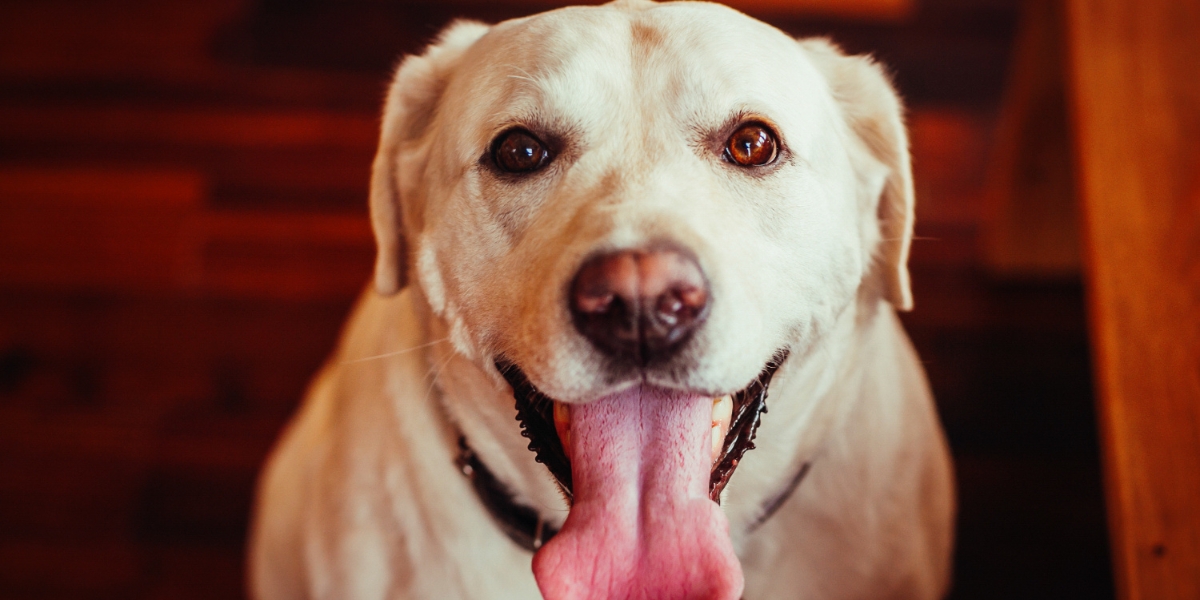It can be quite concerning when your pup is snoozing peacefully but suddenly whining, crying, or acting startled. Many dogs drift into dreamland and show unusual behavior, especially in deep sleep. The first few times, it may seem odd, but this is a natural part of dreaming. While most cases are harmless, understanding the potential reasons behind these reactions can help you ensure your dog’s comfort—especially when you’re snuggling with them at night.
Why dogs cry during sleep:
If your dog starts crying in its sleep, you might notice its paws gently paddling, as if chasing a squirrel in a dream. This sudden whimpering can seem like a cause for concern, but it’s usually okay. Dogs often react to familiar scenes from their day, and the time spent asleep helps them process these moments. If they suddenly start, it’s likely just a vivid dreaming phase.
A dog’s sleep cycle
Just like humans, dogs go through different sleep cycles, shifting between light and heavy phases. A fun fact is that smaller breeds have shorter naps, while larger dogs tend to sleep for a longer period. Generally, each cycle lasts around 45 to 90 minutes, with REM sleep occurring about two times per night.
During the REM period, rapid eye movement occurs, and dogs may appear to be dreaming. This is when they may act out their dreams by moving their legs, paws or even making faces. Some may start whimpering, crying, growling, or their eyes may flutter—all signs that their brain is highly active in this phase.
If a dog cries during deep sleep, it most likely indicates they are experiencing natural sleep patterns rather than a sign of distress. In most cases, these cries are simply a response to dreaming and do not mean anything is wrong.
The 4 Reasons Why Dogs Cry in Their Sleep
1. They’re Dreaming
A common reason your pup is crying while sleeping is because they’re dreaming. Just like humans, dogs go through different sleep cycles, shifting between light and deep sleep stages, including REM periods. During the REM stage, their brain waves suggest they are experiencing vivid dreams, which may cause them to softly bark or whimper. There’s no doubt that dreaming plays a role in these nighttime sounds.
Studies prove that smaller breeds often alternate between REM and non-REM sleep stages more frequently, meaning they basically dream more than their larger counterparts. They also stay in REM for extended periods, making them more likely to react. So, if your dog suddenly moves or makes noises in sleep, they’re likely just deep in a dream.
2. They’re Uncomfortable
Another potential reason your dog or pup is crying in their sleep is that they’re experiencing some degree of physical discomfort. Just like humans, dogs can have aches, pains, muscle twitches, or cramps while asleep, making it hard for them to rest peacefully. Some may even grind their chompers in response to discomfort.
Certain medical conditions, like congestive heart failure or acid reflux, can also cause distress when a dog is lying down. If your pup is crying while asleep or suddenly awake, it’s best to check for signs of pain. A veterinarian appointment is recommended to figure out what’s going on and believe the best way forward for their comfort.
3. They’re Aging
As dogs age, they experience many changes in their bodies that can contribute to crying during sleep. Aching joints and pain become common, making it harder for them to rest. Cognitive issues can also severely impact the quality and quantity of their sleep, leading to disturbances. Some older dogs may develop canine cognitive dysfunction syndrome (CCDS), often called the dog version of Alzheimer’s disease.
Studies show that dogs with this condition experience severe sleep dysfunction, often spending less time in REM and non-REM sleep. Their cognitive functioning worsens, causing them to dream less and wake up more frequently. They may even appear confused when they wake up.
Going long periods without sleep can affect every part of an older dog’s life. Even when they finally manage to fall asleep, their brains don’t turn off the way they did when they were younger, leading to restless nights and frequent crying during sleep.
4. They Have a Health Condition
Certain health conditions can cause a pup to cry during sleep. For example, some dogs have seizures while sleeping and may wake up shortly after feeling disoriented. It can be challenging to determine whether a dog is just dreaming or actually having a seizure. However, if they typically wake up panting, drooling, or confused, it could be a sign of something serious.
In some cases, dogs may even urinate or defecate on themselves during a seizure. If you believe your pup is having seizures, it’s best to get them evaluated by a veterinary team. Try to get video evidence of their sleep behaviors to help the vet understand what’s happening. Other things like anxiety or past trauma can also cause a dog to cry in their sleep.
When to See a Vet
A pup crying in sleep is perfectly normal, but if it becomes an unusual habit, it could be a sign of a health issue that should be addressed. Keep a closer eye if the sleep crying is a new behavior or if your dog suddenly picks up other out-of-character behaviors when awake.
Watch for visible signs of distress, like excessive drooling, abnormal respiration, or trembling. If the crying is paired with sleep whimpers or other unusual behavior, it’s best to get your pup examined by a vet to rule out health issues.
REM Sleep Disorder:
It happens when a dog’s brain fails to activate the mechanisms that prevent the body from acting out dreams. Instead of staying still, dogs may move their legs, get up, or even run into walls. Some might bite people or objects, making this behavior disorder quite concerning.
Though it may seem dangerous for both dogs and those around them, the good news is that it can be treated. While diagnosing this disorder is difficult, medication like clonazepam can help manage the extreme behavior and improve a dog’s sleep.
Seizure Disorder:
Seizure Disorder happens when a dog’s brain has a sudden spike in electrical activity, causing seizures. This may look like twitching, running movements, or paw and face jerks, often accompanied by crying and other vocalizations. If these episodes keep occurring, especially during sleep, it’s another reason to see a vet.
Seizures and Sleep Transition:
Seizures in dogs can happen when the brain struggles with function changes between being awake and in sleep, or vice versa. This makes it challenging to tell if a dog is just acting out REM sleep or having a small, petit mal seizure. If you suspect a seizure, resist the urge to touch, shake, or wake your dog, as they could bite during the episode. Instead, take notes or record a short video on your phone to show the vet during a regular check-up.
Anxiety, Illness and Symptoms:
Anxiety or an illness can be reasons why a dog is crying in sleep, but it’s not always normal. Watch for symptoms like pacing, unusual scratching, licking, or biting one patch of skin until it’s raw. Excessive drooling, retching, or lethargy can also be signs of an issue. If your dog’s mood or behavior seems different from usual, it may indicate a possible health problem.
Should I Wake My Dog Up From a Nightmare?
If you believe your dog’s crying in sleep is due to a nightmare, you might wonder if you should wake them up. While it’s clear they may look anxious or uncomfortable, waking them isn’t always the right thing. The old saying, “let sleeping dogs lie,” applies here, as disturbing their sleep cycle could do more harm than good.
During REM sleep, a pup is actively dreaming, and this is an essential aspect of their health. Interrupting this cycle can have negative impacts over time, making their sleep less effective. Additionally, if you wake them suddenly from a nightmare, they may snap or even bite unintentionally out of confusion.
If your dog’s crying is frequent and severe, check for an underlying health condition. However, in most cases, it’s nothing to worry about—just a part of their precious dreaming process.
Final Thoughts
A dog crying in sleep is usually a normal part of their sleep cycle and dreaming. If they don’t exhibit concerning behaviors when awake, there’s no need to worry. However, if they appear distressed both asleep and awake, or if waking them from a nightmare doesn’t help, it could be the result of an issue. In such cases, vets recommend checking for underlying healthy behaviors or medical concerns.


